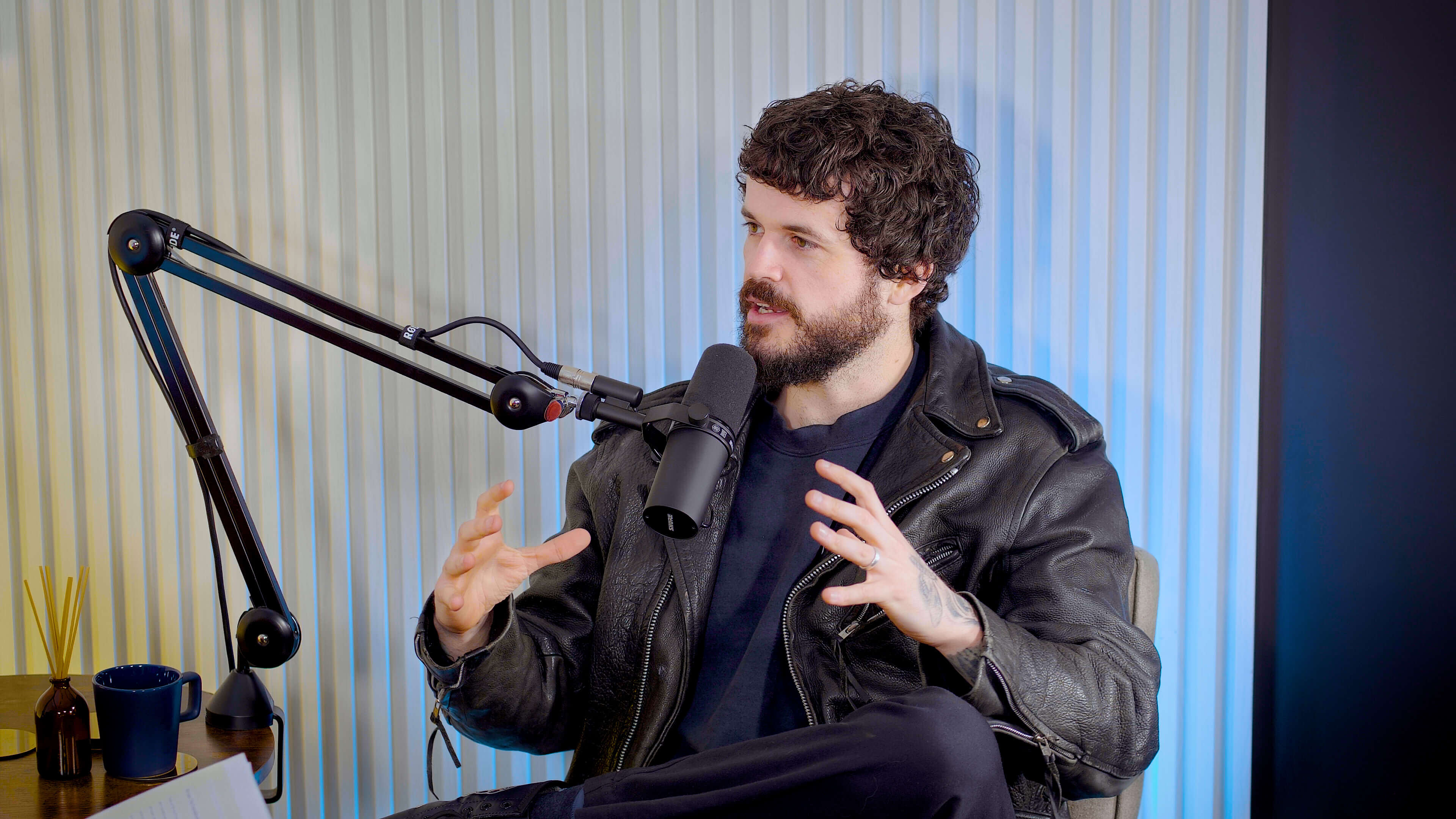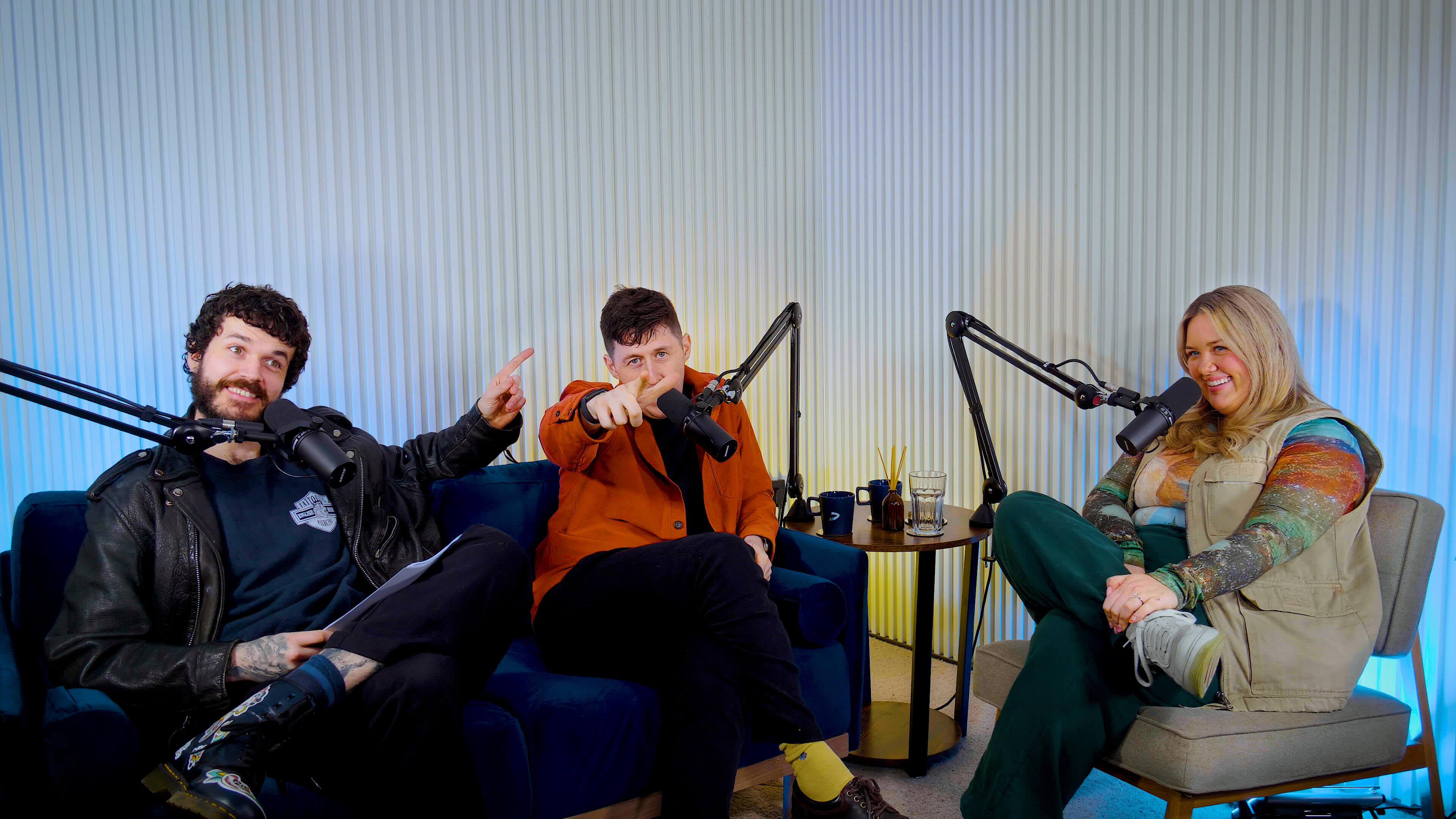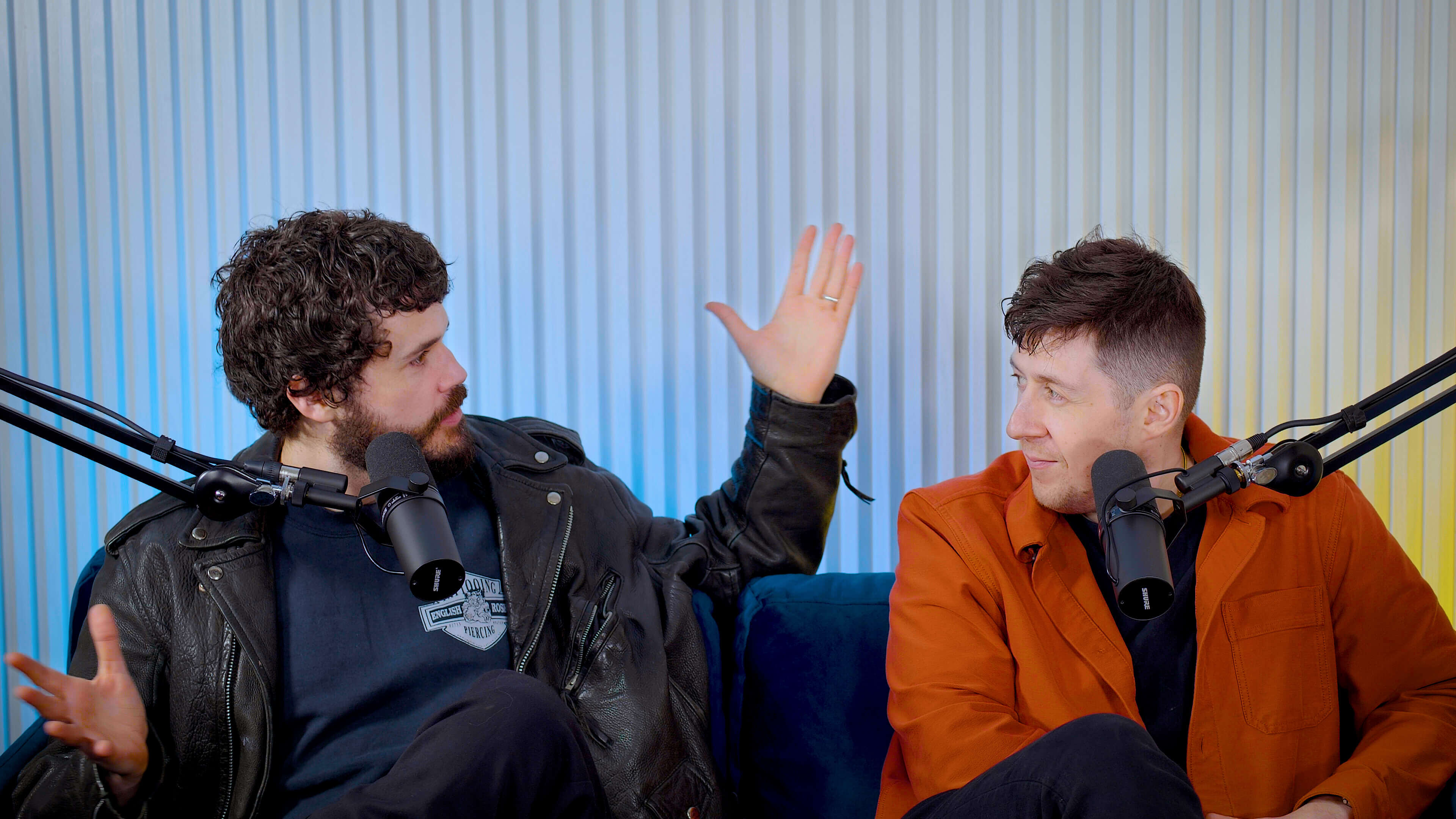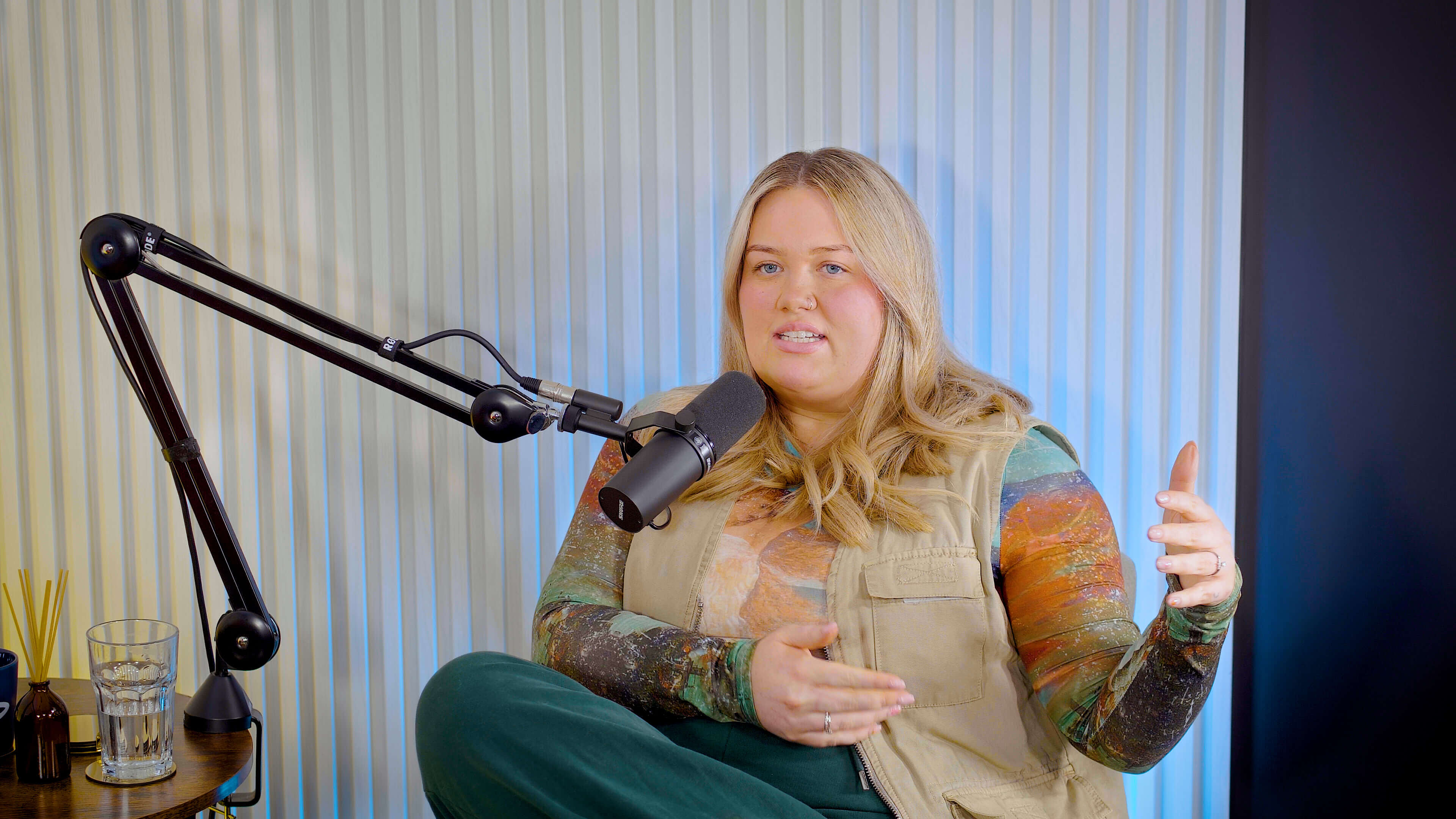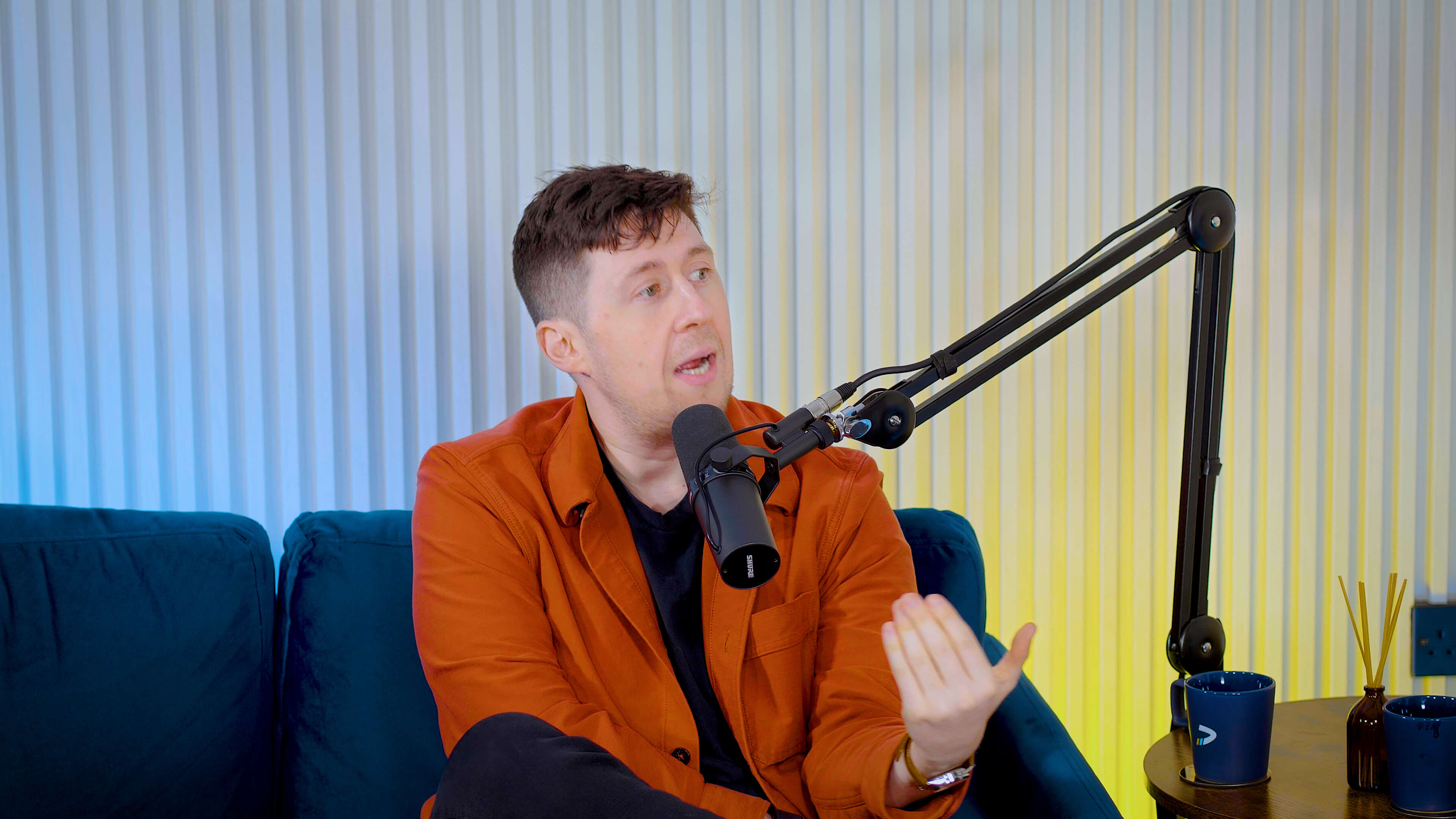
“There’s no vice that doesn’t come with an excuse, none that doesn’t start off small and easy to correct— but once it takes hold, it spreads fast. If you let it in, you won’t control where it ends. Every emotion starts off weak, but then it builds momentum and gains strength” - Seneca
Bad habits, inefficiencies, and frustrations start small, but left unchecked, they grow. Every emotion and action gains momentum over time, making early intervention crucial.
In sales, a little CRM disorganization today means missed deals tomorrow.
Letting frustration fester leads to burnout.
Overpromising “just this once” risks long-term trust.
The key? Address issues early, refine your process, and fix problems before they take root.
Spot a weakness in your pipeline, pitch, or mindset? Tackle it now. Small corrections today prevent major crises down the road.
Actionable tips:
- If a prospect is showing signs of being a bad fit or a deal is dragging on without progress, address it upfront rather than wasting time.
- Regularly audit your deals, remove dead leads, and refine your outreach to stay focused on real opportunities.
- If something in your process is bothering you, whether it’s a clunky CRM, unclear messaging, or misalignment with a client, speak up and fix it before it affects performance.
- A bad attitude can creep in unnoticed. Take a moment each day to reset and ensure you’re approaching your work with focus and discipline.
Remember you will die.
—
Subscribe to The Sales Stoic for daily insights: https://www.dealfront.com/resources/newsletters/the-sales-stoic/
Follow Jack & Zac: Jack: https://www.linkedin.com/in/jack-frimston-5010177b/ Zac: https://www.linkedin.com/in/zac-thompson-33a9a39b/
Connect with We Have a Meeting: LinkedIn: https://www.linkedin.com/company/we-have-a-meeting/ Website: https://www.wehaveameeting.com/
Disclaimer:
The Sales Stoic draws inspiration from the profound wisdom of Stoicism as presented in Ryan Holiday's "The Daily Stoic." As avid readers & fans, we deeply respect the work of Ryan Holiday, and acknowledge the significant impact of Stoic philosophy on our own approach to sales and life.
While The Sales Stoic applies the core principles of Stoicism to the unique challenges and opportunities faced by salespeople, it is an original work with its own distinct voice and focus. We aim to build upon the timeless wisdom of Stoicism to empower sales professionals with practical guidance and actionable insights for success in their careers and personal lives.
![Jack Frimston]()
Jack Frimston
Co-Founder at We Have a Meeting
![Zac Thompson]()
Zac Thompson
Co-Founder at We Have a Meeting
Nip nip in the bud. Nip nip in the bud. Nip nip in the bud. Nip in the bud. We're going to nip it in the bud. Thank you. It's the 9th of June. Yes, it is. And it's your friend of mine. It's Seneca. So I'm going hit you with it. I want you to just sit there and take it. OK. Or you can take all of it. There we go. There's no vice that doesn't come with an excuse.
None that doesn't start off small and easy to correct. But once it takes hold, it spreads fast. If you let it in, you won't control where it ends. Every emotion starts off weak, but then it builds momentum and gains strength. It's easier to slow it down early than to stop it later. Hmm. Very good. So I'm going to hit you with a little thing here. Please give it to me. One of the biggest unsaid killers of deals is frustration. Okay. Right.
So let's talk about the big, you know, we had Sophia in the month, let's talk about like enterprise selling, for example. So I've got the big deal. It's in the mirror, I'm looking at it, I'm driving towards it, but actually it's not an overnight thing. It's not gonna be really quick that it happens. So I'm gonna get frustrated perhaps with the time horizon. When's that deal coming in? Am I doing enough? I didn't hear back from that person when they said, and suddenly frustration builds.
And frustration can often lead to a little bit of neediness, a little bit of reaching. And before you know it, I'm emailing a bit too much. I'm trying to ring a bit too much. I'm chasing a bit too much. And before you know it, the prospect has said, we're all right. Yeah. Well, I'm okay. You just leave me to it. So when I think about frustration being the silent killer deals, I'm thinking of it from like an enterprise angle. But where does your mind go to when you think about frustration, maybe killing deals?
I've started putting myself in the buyer's chair a bit more and this is something that we're doing at the moment as the business is growing. We're probably looking at more software, maybe new agencies, different solutions. I'll reach out to Jack for this by the way before you people start DMing you. DMing me. you're so easy to book a meeting with. No, don't start that. You are so easy to book a meeting with. them about... Nip it in the bud. Who did I sit a meeting with the other day? Sally Hooley that was selling ice skates. Anyway.
Yeah, anyway. Very good. Anyway, I think about like the frustration that comes with over cadence in. So we were once looking at two different software suppliers. One was very laid back, like this is it. ⁓ yeah. you want it, take it. Cool. The other one who we probably had a better relationship with the seller, put us in this cadence. We're just back and forth of this is value. This is what you need. Here's a three, three page PDF. And you just like, I'm actually just
bored now, frustrated. Like I booked into something recently and I was interested in it. But it's like, it. Watch it. It said watch, make sure you watch this video before we meet. So I clicked it three hours. It was a three hour video for a 30 minute meeting. I'm not fucking watching that. Like, and that's where my head goes straight away. And I'm like, God, have I got a, and we as sellers, I mean, there's a contradiction here. So it was probably best to give both parts.
We have a form on our candlelight where you have to give us a bit and like you have to kind of work through it. But that is like to qualify you in or out. But actually, you don't want to have to make your you don't want to make buyers jump through too many hoops because it will just leave them frustrated. The amount of times we've had a new client and they're like, OK, so you're going to book us the meeting. From the point you book the meeting to me sitting the meeting, what sort of education, what sort of value, what sort of things I need to be giving them in the meantime. And my advice is always nothing. Less is more.
I'd rather show up to something curious rather than super educated. I'm coming into, if I'm going to see the therapist or the doctor, I don't need to know the history of the therapist or the doctor or the cases that I'm coming to talk about me. Yeah. I'm not really coming in and you can make some pretty fundamental errors with this. a simple one I might give you is, so we've got to think we're going into the world with our own biases, right? So I might think it's amazing. We've got a case study with Pepsi and I'm going to use that case study.
to educate for the meeting I've got with Coca-Cola next week. So I'm sending them my Pepsi case study. Now their bias is we're superior, we're Coca-Cola. And then before you know it, they're going, well, if they're working with Pepsi, they're actually nothing like us. It doesn't always go the way you think it goes with that level of education. So it's actually, can I see the whites in their eyes and understand the person before I start that kind of value and education piece?
I wouldn't just be looking to of blindly educate someone without knowing exactly where they are. I think Daniel Priestley on a podcast saying that they have curated so many case studies and testimonials. They've actually got too many. And if they tried to share all these testimonials with them, they'd overwhelm people. So they put it into a piece of AI and then they would build it bespoke to that person. And then what you can do quite, quite smartly, this would be a great place to use the IKEA curve and say, listen, okay, I understand that.
You're an educated man. You're probably gonna wanna go away, do some research. We've got testimonials. I've got 400 that I could send you, but I don't wanna bombard you. So what would you wanna see in a testimonial? What kind of company would it be from? What kind of person? What kind of job role? What would you need to read for you to feel comfortable to have the next steps? X, Y, and Z. Okay, I'll go away and build that based on what you said. There's an interesting layer to what you just did as well. Like for the black belts in sales.
So I'd say what kind of testimony do you want to see? And they go, I want someone from engineering coming. That's interesting. What made you pick that? I want to see one that's done this particular thing. That's really, that hasn't come up before. And going to that level deeper, not just what do you want, but why do you want it? What do you want and why do you want it? Yeah. Really good. Now, anyway, I've had enough of you. Thanks mate. in the bud. That's all right. I've been Jack Frimston. I've been Zack Thompson. Remember you will die. I may say...


